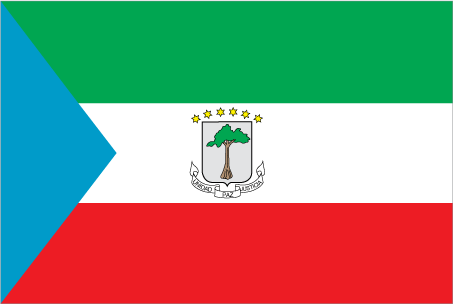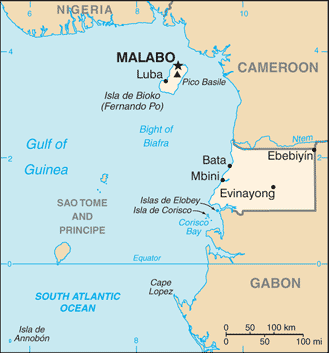Investing in Equatorial Guinea


The discovery and exploitation of large oil and gas reserves have contributed to dramatic economic growth but fluctuating oil prices have produced huge swings in GDP growth in recent years. Forestry and farming are also minor components of GDP. Subsistence farming is the dominate form of livelihood. Although pre-independence Equatorial Guinea counted on cocoa production for hard currency earnings, the neglect of the rural economy under successive regimes has diminished potential for agriculture-led growth (the government has stated its intention to reinvest some oil revenue into agriculture). A number of aid programs sponsored by the World Bank and the IMF have been cut off since 1993 because of corruption and mismanagement. The government has been widely criticized for its lack of transparency and misuse of oil revenues; however, in 2010, under Equatorial Guinea's candidacy in the Extractive Industries Transparency Initiative, the government published oil revenue figures for the first time. Undeveloped natural resources include gold, zinc, diamonds, columbite-tantalite, and other base metals. Growth remained strong in 2008, when oil production peaked, but slowed in 2009-10, as the price of oil and the production level fell.
Countries that border Equatorial Guinea: Cameroon | Gabon
Learn more:
Back to Country Investing



